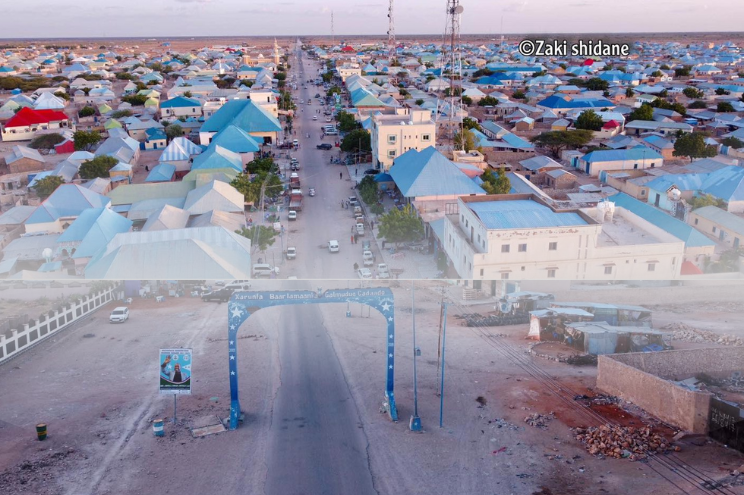
Barriers to Business Community Participation in Local Government Accountability in Adado
The Adado business community plays a limited role in local

The Adado business community plays a limited role in local
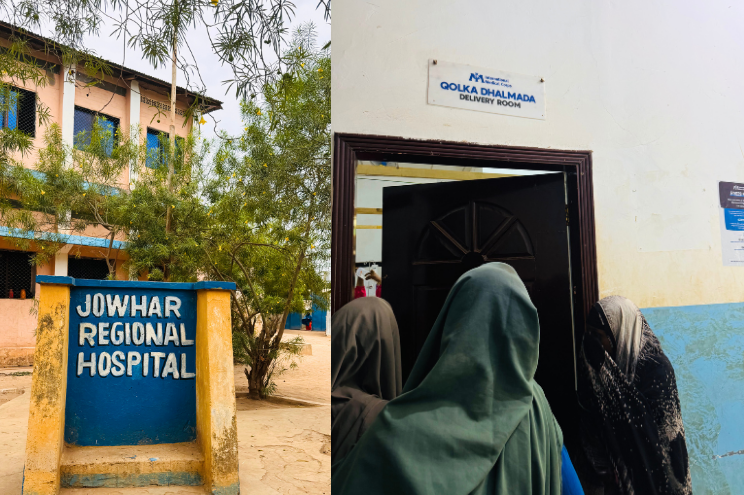
Jowhar’s health system relies heavily on donor-funded hospitals, with its
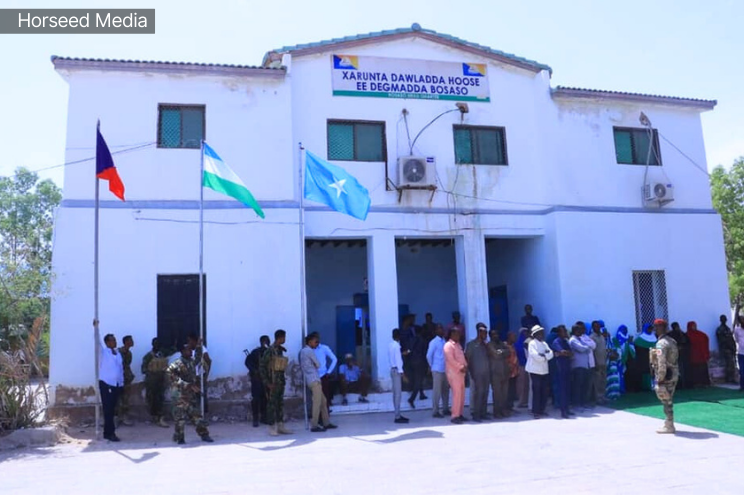
The Bosaso District Development Committee (DDC), created through presidential decree,

Bosaso, Puntland’s commercial hub, relies on business and customs taxes
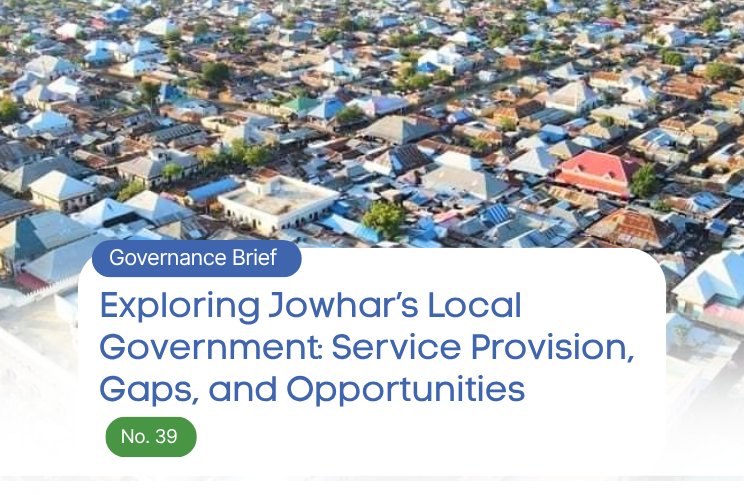
Jowhar’s local government primarily provides administrative services such as licensing,
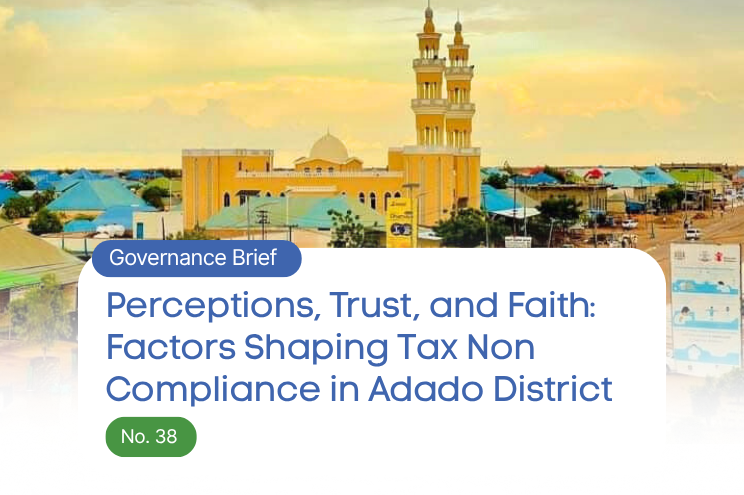
Low trust and negative perceptions of the Adado local government—driven
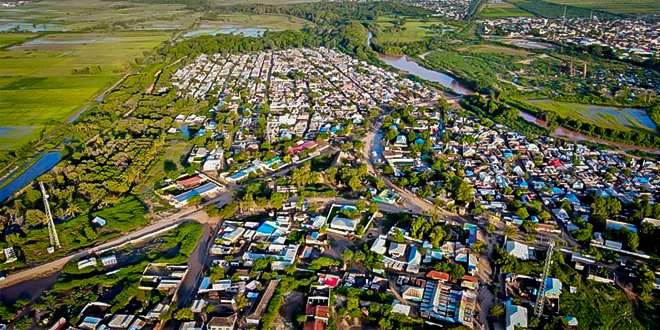
The Jowhar Local Council has struggled to function effectively due

Bosaso’s electricity price of USD 0.79 per kilowatt has severely
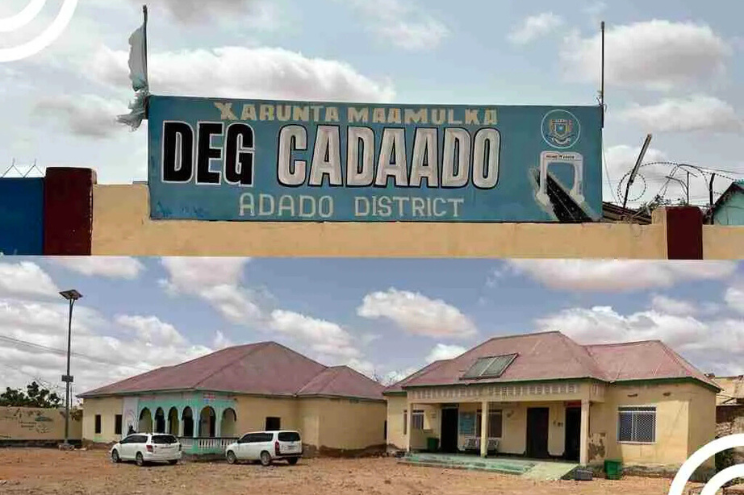
Revenue Generation in Adaado is Operational but Limited: Out of
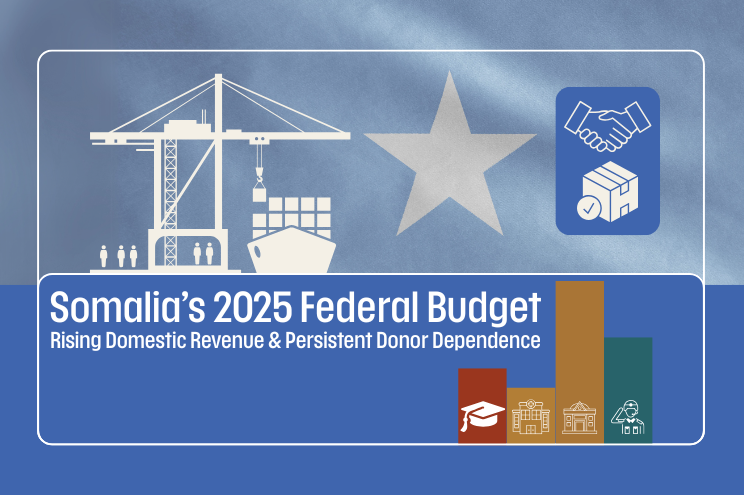
Somalia’s 2025 federal budget increased to $1.32 billion, with 67%

Jowhar’s local government faces significant challenges in revenue collection

After years of conflict and instability, Somalia is entering a
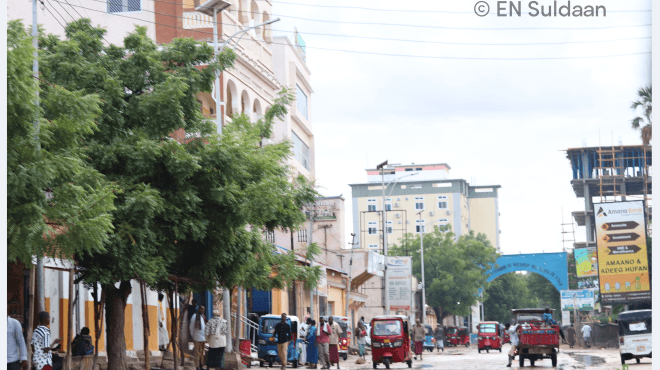
Residents in Beledweyne have been suffering
from insecurity in
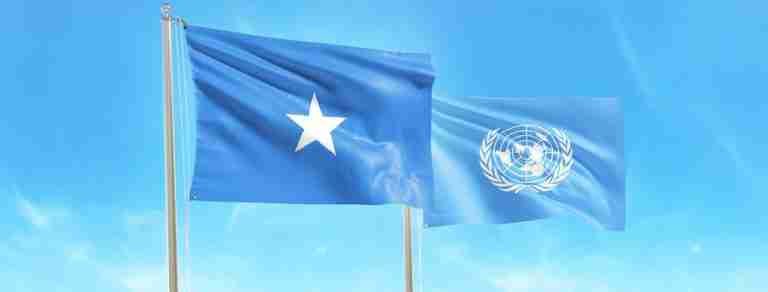
This governance brief analyses the FGS’s demand to liquidate the
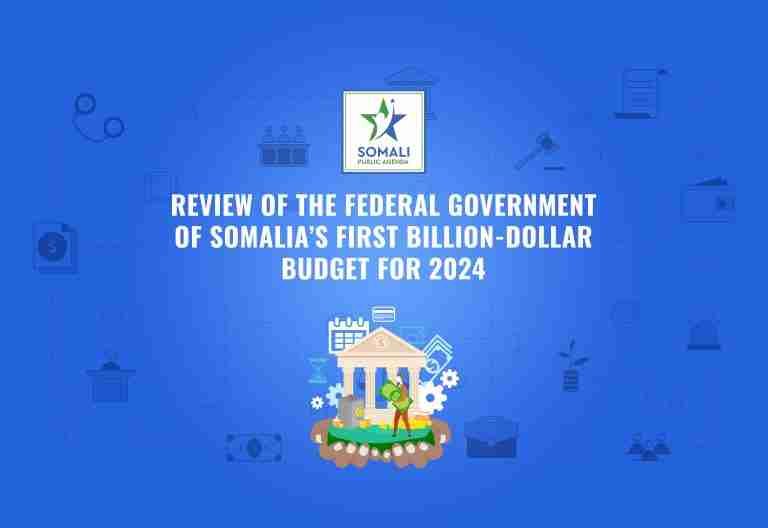
This brief analyzes the 2024 federal budget and its main
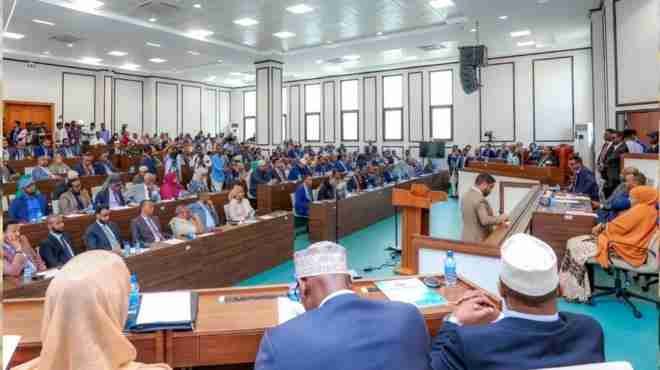
This brief analyses the Adoption Procedure for the Constitutional Amendment

In this brief, we report the results of a survey
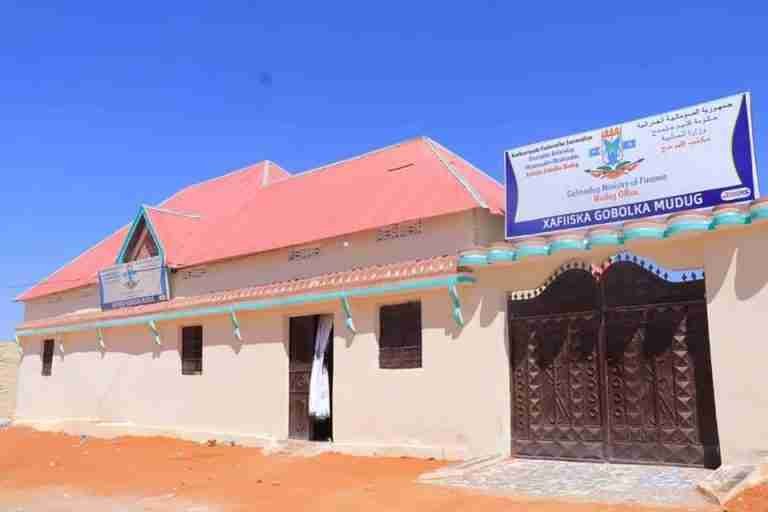
Decentralization has been emerging as a policy issue in Somalia
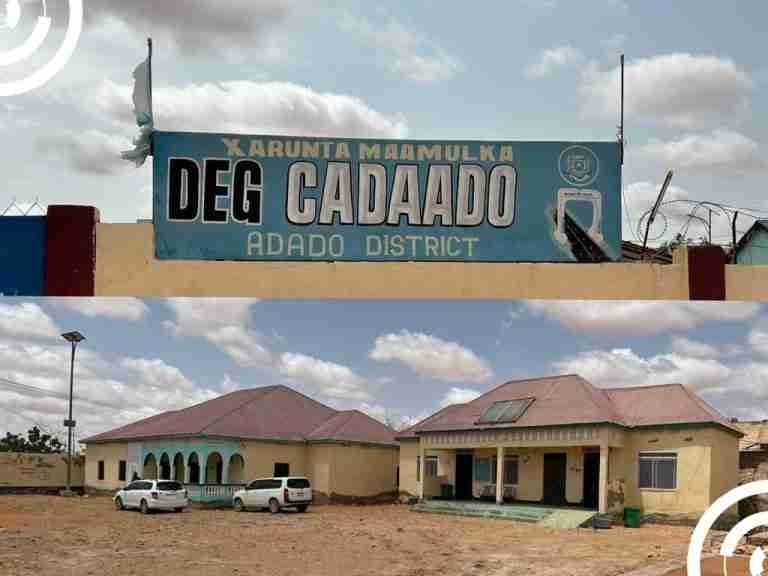
This governance brief presents preliminary findings for an ongoing study

Considering the persistent challenges underlying the quality of higher education
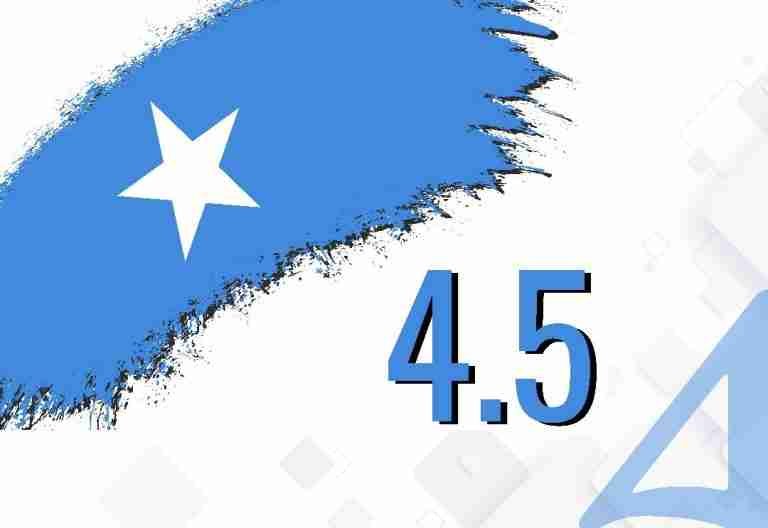
This brief aims to promote and inform such discussions on

This brief analyzes the 2023 federal budget and its main
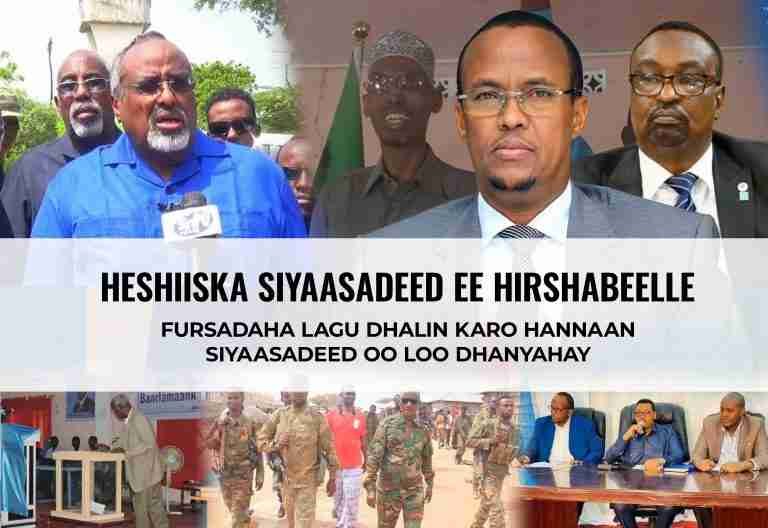
This policy brief, based on extensive empirical research, therefore provides
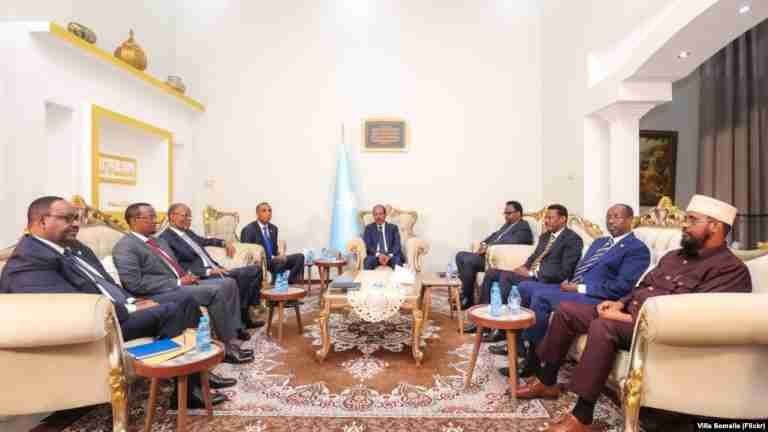
This governance brief examines the NCC agreements on the judiciary

This governance brief examines the factors that contributed to the

Although the annual government budget has progressively increased by around
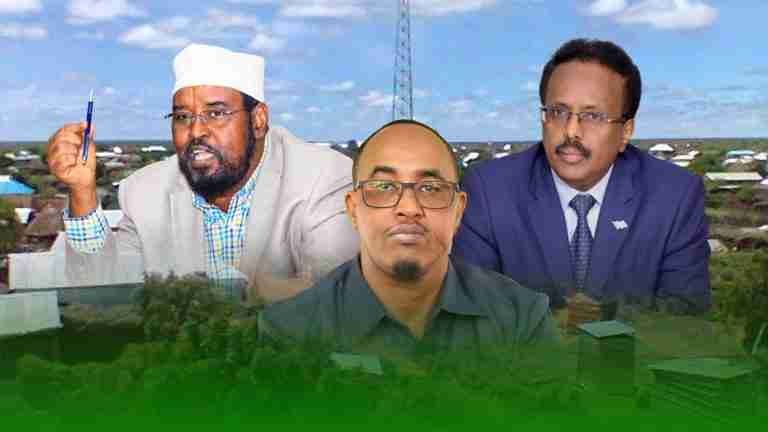
This brief examines how Gedo became a key battleground for

Galmudug State of Somalia (GSS) became embroiled in a bloody

After about three and half months, the election of the

Policies, programs, and projects that are designed and implemented to

On May 27, members of the National Consultative Council (NCC)

Over the past decades, donors, aid agencies, consultants and enumerators
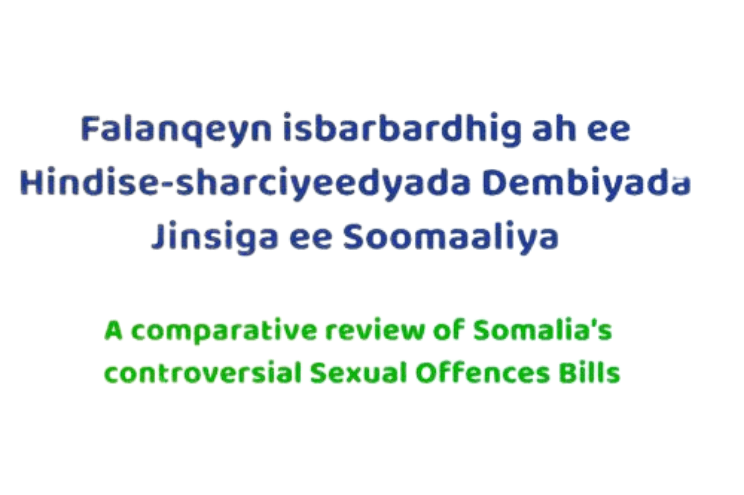
There has been controversy surrounding the development of new legislation

Protecting progress that has already been made in Somalia’s post-conflict

Somalia is heading into another indirect election in 2020-21. It

Soon after the first few cases of COVID-19 were confirmed
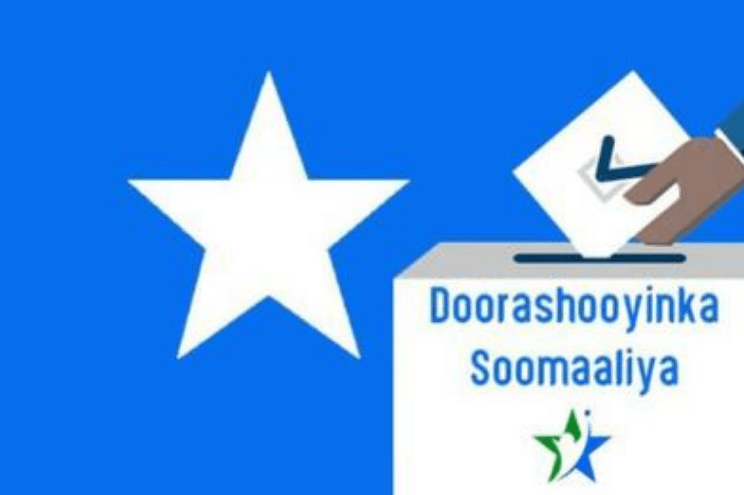
This is a crucial election year for Somalia as the

Mogadishu is the capital city of Somalia and has the

One person one vote elections are scheduled to be held

The National Electoral Bill is currently under parliamentary review. Once

Somalia adopted a federal system of governance in 2004, although

In October 2018, the Ministry of Education, Culture and Higher

Somalia has a very youthful population. Fragile and weak public
Somali Public Agenda (SPA) is a non-profit, non-partisan, and independent public policy and administration research and action organization based in Mogadishu. It aims to advance understanding and improvement of public policy and services in Somalia through evidence-based research and analysis, dialogue, policy and service design, and training.
Stay updated on governance and public services in Somalia!